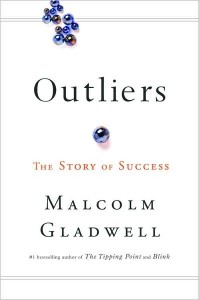 Leaders facing dysfunction must make tough decisions. Too often, they unconsciously choose consensus. They talk. They argue. But, they rarely hold convictions that require extended engagement. Usually, they think and speak the same as other leaders in similar roles.
Leaders facing dysfunction must make tough decisions. Too often, they unconsciously choose consensus. They talk. They argue. But, they rarely hold convictions that require extended engagement. Usually, they think and speak the same as other leaders in similar roles.
We long for a quiet life. We seek harmony and peace over rigour and truth. We find conviction bothersome, disruptive.
These days, people tolerate opinions as long as they sound mainstream. We forget how to debate. Desire to engage and debate is thought unsociable, even uncouth.
Change requires vision, conviction. Conviction requires thought and opinion. Opinions need to be discussed and debated.
Status quo survives on compromised consensus.
We need leaders to debate healthcare: front-line care, middle management, and overall system governance. We need articulate convictions presented from all angles. For too long, Canadians have valued peace and quiet over progress and excellence. We stopped doing the hard work of engaging in change, of improving our system.
It’s like we designed a system to provide very high frequency television (VHF), with ‘rabbit ear’ antennas, and expect it to handle modern communication: online movies, video streaming, high definition TV, cable, PVR,…everything.
Medicare remains fundamentally unchanged for 40 years: just bigger, more expensive, and more wasteful. The basic structure of Medicare is the same providing first-dollar-coverage for all medical services. Our feeble response to change has been to add more management, more bureaucracy, and more unions.
We must re-learn how to debate, and we need men and women of conviction to tackle healthcare, with will and determination. Compromised consensus must go.
(photo credit: tvlift.com)


